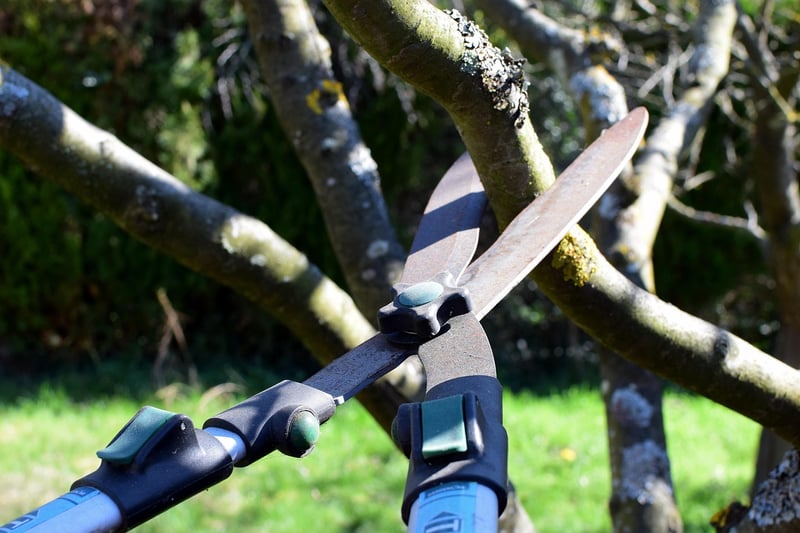Pruning Techniques
Essential Tips for Nurturing Plants and Pruning Techniques
Nurturing Plants
Plants are not just beautiful additions to our surroundings; they also play a crucial role in our ecosystem. To ensure your plants thrive, here are some essential tips:
1. Proper Watering
Water your plants appropriately depending on their species and the season. Overwatering can be as harmful as underwatering.
2. Adequate Sunlight
Most plants need sunlight to carry out photosynthesis. Place your plants where they can receive the right amount of sunlight based on their requirements.
3. Nutrient-Rich Soil
Ensure your plants are planted in nutrient-rich soil. Consider using organic fertilizers to provide essential nutrients.
4. Regular Pruning
Pruning helps promote healthy growth by removing dead or overgrown parts. It also enhances the appearance of the plant.
Pruning Techniques
Pruning is a vital practice to maintain the health and appearance of your plants. Here are some techniques to master:
1. Remove Dead/Diseased Material
Regularly inspect your plants for dead or diseased branches and prune them to prevent the spread of disease.
2. Shape Your Plants
Prune to shape your plants and promote better growth. This is especially important for shrubs and trees.
3. Thinning
Thinning involves selectively removing branches to improve air circulation and light penetration, resulting in healthier plants.
4. Heading Back
Heading back is cutting back a portion of a branch to encourage new growth. This technique is useful for promoting bushier growth.
By following these nurturing tips and mastering pruning techniques, you can ensure your plants not only survive but thrive in your care.

For more detailed guidance on plant care and pruning techniques, consult with your local nursery or gardening expert.
Remember, a little care and attention go a long way in creating a healthy and vibrant garden!
